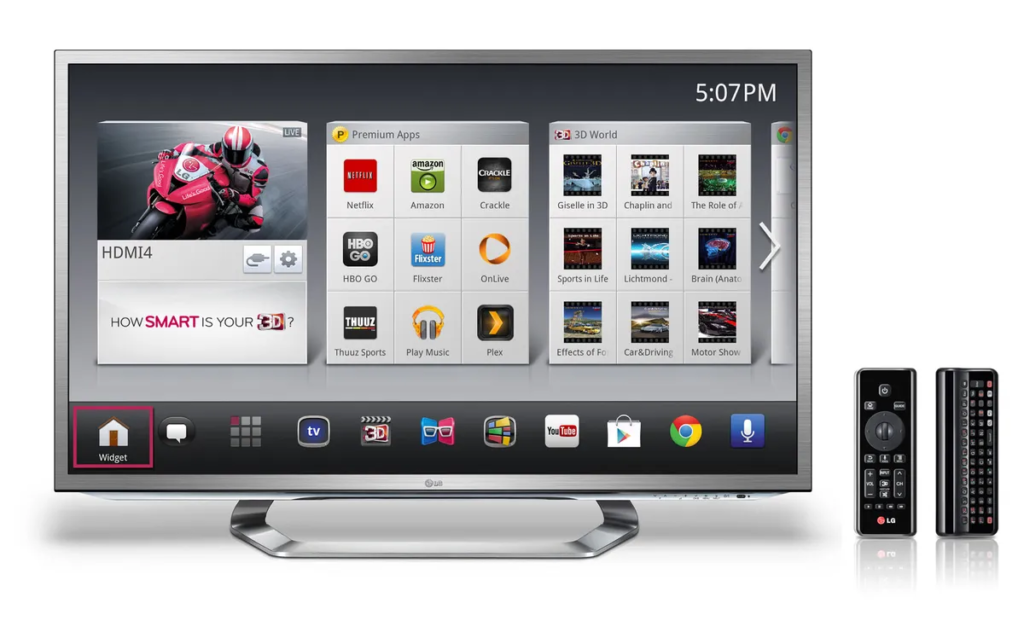Every day we wake up, drink some coffee, get ready for work and check on the latest tech. So here’s a handful of stories from around the tech world condensed to fit into that first cup. These are things you need to know before you step foot out of your door (or in front of a webcam) and into the real world this morning.
FBI Warns Public of “Juice Jacking”: USB Charging Stations That Steal Data From Your Phone
The FBI has issued a warning to the public about the risk of “juice jacking”, a type of cyber attack that involves accessing or stealing sensitive data from devices charged through public USB ports or charging stations. Criminals can easily install malware onto these charging stations, which can then be used to infect or hack into the device of anyone who uses them.
Avoid using free charging stations in airports, hotels or shopping centers. Bad actors have figured out ways to use public USB ports to introduce malware and monitoring software onto devices. Carry your own charger and USB cord and use an electrical outlet instead. pic.twitter.com/9T62SYen9T
— FBI Denver (@FBIDenver) April 6, 2023
To protect against this threat, the FBI recommends using AC power outlets to charge devices whenever possible, and avoiding USB charging ports in public areas. If you must use a USB port, the FBI advises using your own charger cable and a USB data blocker, which blocks data exchange while allowing charging. Additionally, it is recommended to regularly monitor device activity and to avoid entering sensitive information, such as passwords or banking details, while charging your device in public areas.
Overall, the FBI’s warning highlights the importance of being vigilant when charging devices in public areas and taking appropriate precautions to protect sensitive data from cyber threats.
Google TV is Expanding its Free Streaming Offering to Over 800 Channels
Google TV has announced that it is expanding its free streaming lineup to include over 800 live TV channels, including popular services such as Tubi, Plex, and Haystack. The new offering will be available to users in the United States and will provide a wide range of content, from news and sports to entertainment and lifestyle programming.
To access the free channels, users will need to have a Google TV device, such as the Chromecast with

Google TV, and navigate to the Live tab in the Google TV interface. From there, they can browse and select the available channels, which will be organized by category and genre.
The move is part of Google TV’s efforts to compete with other free streaming services, such as Pluto TV and Xumo, by offering a larger selection of content. It also reflects the growing trend towards cord-cutting and the increasing popularity of streaming services as a primary source of entertainment.
New ‘Bladeless’ Wind Turbine from Aeromine is Designed For Rooftops
Aeromine, an Houston-based startup, has developed a wind turbine that is designed to be installed on rooftops. The device, which resembles a cylindrical column, uses the principle of vortex shedding to generate electricity.
As wind passes by the device, it creates a series of vortices that turn internal turbines, which in turn generates

electricity. Because the device has no external blades, it is silent, vibration-free, and safer for birds and other wildlife than traditional wind turbines.
The company claims that its turbine can generate up to 1 kW of electricity, making it suitable for powering small homes or businesses. The device is also scalable, with multiple units able to be installed together to increase power output.
The Aeromine turbine represents a promising innovation in the field of renewable energy, offering a potentially more efficient and sustainable solution for generating electricity in urban environments.
Google Cracks Down on Predatory Loan Apps on Play Store
Google has announced new restrictions on predatory loan apps available on its Play Store. The move is part of the company’s efforts to combat misleading and harmful financial products that target vulnerable users.
Under the new policy, apps that offer personal loans with annual percentage rates (APRs) of 36% or higher will be banned from the Play store. The policy will also apply to apps that require repayment in full within 60 days or less, as well as those that use deceptive or misleading tactics to promote their products.
The move comes after Google faced criticism from consumer groups for allowing high-interest loan apps on its platform. The company has previously taken steps to limit ads for payday loans and other financial products, but this is the first time it has imposed restrictions on the apps themselves.
The new policy is expected to go into effect in late September 2023 and will apply globally to all developers that distribute apps on the Play Store.











